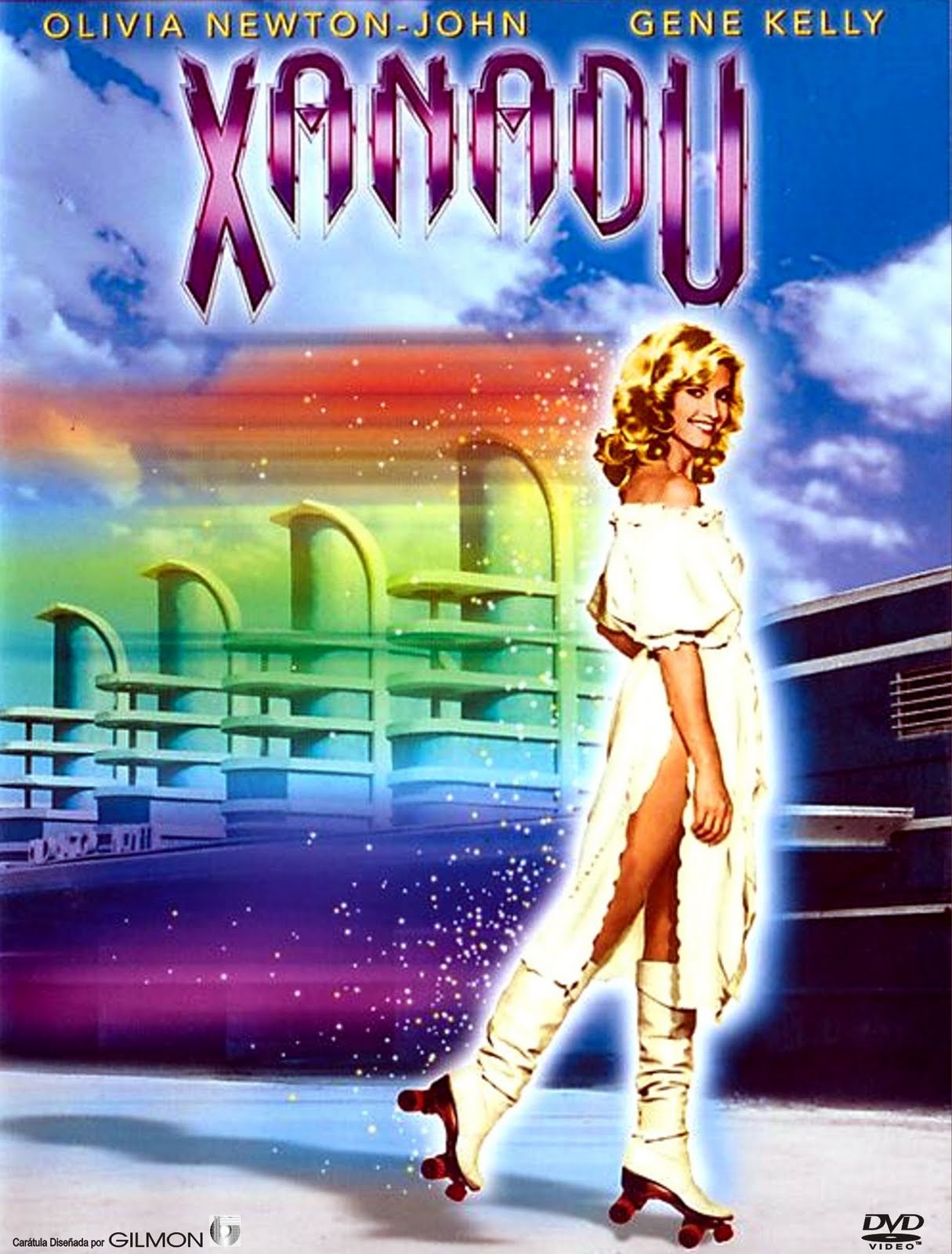But lately, it is my youngest son who is showing me just how powerful the past can be as a tool of inspiration.
He has become obsessed with early eighties culture...
 It started with our family recently seeing the movie Pixels. This Adam Sandler vehicle is the story of adults who are called in by the President to help fight aliens who have attacked the world using video game characters from the early eighties. The story goes that, as children in the eighties, these adults were the "world champions" of games like Pac-Man, Centipede, and Donkey Kong. Hoping that their childhood skills will be the secret to success - they lead the attack.
It started with our family recently seeing the movie Pixels. This Adam Sandler vehicle is the story of adults who are called in by the President to help fight aliens who have attacked the world using video game characters from the early eighties. The story goes that, as children in the eighties, these adults were the "world champions" of games like Pac-Man, Centipede, and Donkey Kong. Hoping that their childhood skills will be the secret to success - they lead the attack.Watching this movie, especially the scenes that take place in 1983, was an absolute revelation for both of my boys - but especially for Avery. They had been inspired by movies before, especially by the historical scenes in Mr. Peabody and Sherman), but this time was different. On the drive home, They simply could not stop asking questions about these old Atari games. Within a week, both boys bought a jean jacket, and now Avery's favorite song is Surrender by Cheap Trick (which was first released in 1978, and opens the movie). We have it on vinyl at our house, and he played it 12 times in a row yesterday...12 times. In reward for having good weeks at school, all he wants to do is go to the Asheville Pinball Museum, because they have a backroom that is filled with eighties video games. He asks constantly which games I was good at, and how, exactly, my older brother flipped Frogger (which he did, and it was amazing).
For me, I was alive in 1983, and thus I remember all of these cultural things. But for him, all of this is brand new. And it is inspiring him to try these "new" things. Because of Surrender, he wants to learn to play the drums. Though he is not much of a fan of writing outside of school - he recently wrote, illustrated, and colored an entire book on the video games of the early 80's, completely on his own volition. Both of my kids want to ride their bikes around the neighborhood freely, "like the kids did in the eighties.." We have 20 minute conversations about what it was like to go to an arcade at the mall.
And it occurs to me that this is why historical curiosity is incredible. Some argue that we study history so that, "we are not condemned to repeat the past." And in some cases, that is certainly true. But most of the time, our studying history is totally about repeating the past - or at least finding inspiration in it. We WANT to emulate the bravery of Martin Luther King Jr. We WANT to design buildings like Frank Lloyd Wright. We WANT to skateboard like Tony Hawk. So, the first step is to be introduced to this greatness.
And it seems that Pixels (as bad of a movie as it probably is) - did the job perfectly.
Thanks, Adam Sandler.














.JPG)

.JPG)
.JPG)